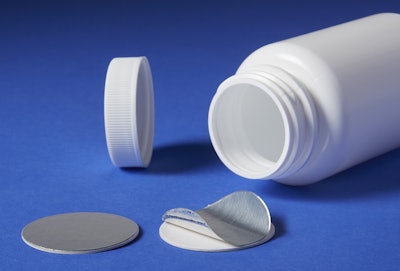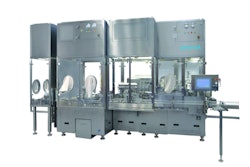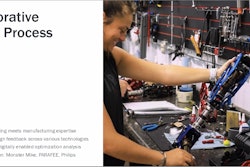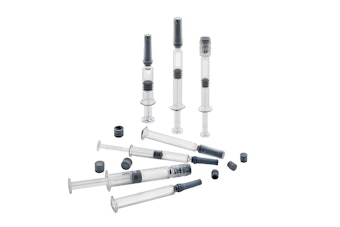
Tri-Seal, a Tekni-Plex company, has introduced a high-temperature wax technology designed to bolster the stability of two-piece induction seals that are stored or distributed in challenging, high-temperature conditions.
Developed at Tekni-Plex’s Global Technology Center in Holland, OH, the product is specifically engineered to reduce costly and potentially dangerous seal-related product leakage from packaging closures. This is a particular cause of concern for lined closures and seals shipped or stored in high-temperature conditions, such as those commonly found in India, Israel, Southeast Asia, Australia, Puerto Rico, and Latin and South America, as well as southern U.S. states and, more seasonally, throughout greater North America.
When exposed to high temperatures even for brief periods the wax component of a two-piece induction seal can be prematurely absorbed into the pulp layer prior to closure application, thereby potentially compromising seal integrity during the filling and capping process. Often, the result is a “potato-chip effect” whereby the heat-seal portion of the circular seal’s outer edge curls and separates from the backing material. During capping, the heat-seal portion can fold under and not fully seal on the bottle finish. The ensuing leakage is a problem for companies that manufacture and distribute highly sensitive or unstable products, such as those found in the pharmaceutical industry.
Tri-Seal’s proprietary wax technology is specifically formulated to withstand higher temperature environments to greatly reduce the potential for curling. The technology complies with U.S. and E.U. standards and does not require changes to most existing sealing application processes.





















